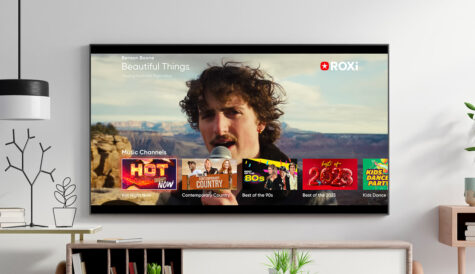Google in new deal with rightsholders to combat piracy in France
 Google has signed an agreement with French antipiracy group l’Association de Lutte Contre la Piraterie Audiovisuelle (ALPA) whereby YouTube will enable ALPA to identify potential instances of piracy through access to the internet giant’s Content ID tool.
Google has signed an agreement with French antipiracy group l’Association de Lutte Contre la Piraterie Audiovisuelle (ALPA) whereby YouTube will enable ALPA to identify potential instances of piracy through access to the internet giant’s Content ID tool.
YouTube will enable ALPA to block or follow any work put on line without the authorisation of rights holders.
Google has also committed to work towards preventing the fraudulent purchase of keywords that favour illegal streaming and download sites through its Adwords tool.
The agreement gives French rights holders access to Content ID, which is already available to US counterparts, for the first time.
ALPA president Nicolas Seydoux said that agreement would successfully dismantle the “wall of incomprehension” that hitherto has characterized relations between France’s content rightsholders and the US internet giant.
Rights collecting agencies hailed the move as a step forwards. Collecting agency SACD, which represents the rights of authors, said that the move by Google and ALPA, with the support of cinema finance organization the CNC and the French ministry of culture, should be supported by “ambitious public policy” based on two pillars: the development of legal online audiovisual offerings – including the “urgent reform” of France’s windowing rules – and a renewed legal effort against illicit streaming sites.
French culture minister Françoise Nyssen meanwhile told Les Echos newspaper that it was important to fight harder against sites that infringed rights. She said that it was also vital to educate children about the impact of piracy on jobs. Nyssen said that piracy in France was “massive and evolving” and that it was necessary to take “resolute action”.
Nyssen also told Les Echos that the government would appoint an ombudsman to look into the question of the windowing of movies “very soon” and that the government had given itself six months to prepare legislation. She said that the transposition into French law of the new EU audiovisual media services directive could provide a vehicle to make the necessary changes next spring.
France currently has some of the most restrictive windowing rules in Europe, with a period of three years mandated between a movie’s theatrical showing and its appearance on subscription video-on-demand.



